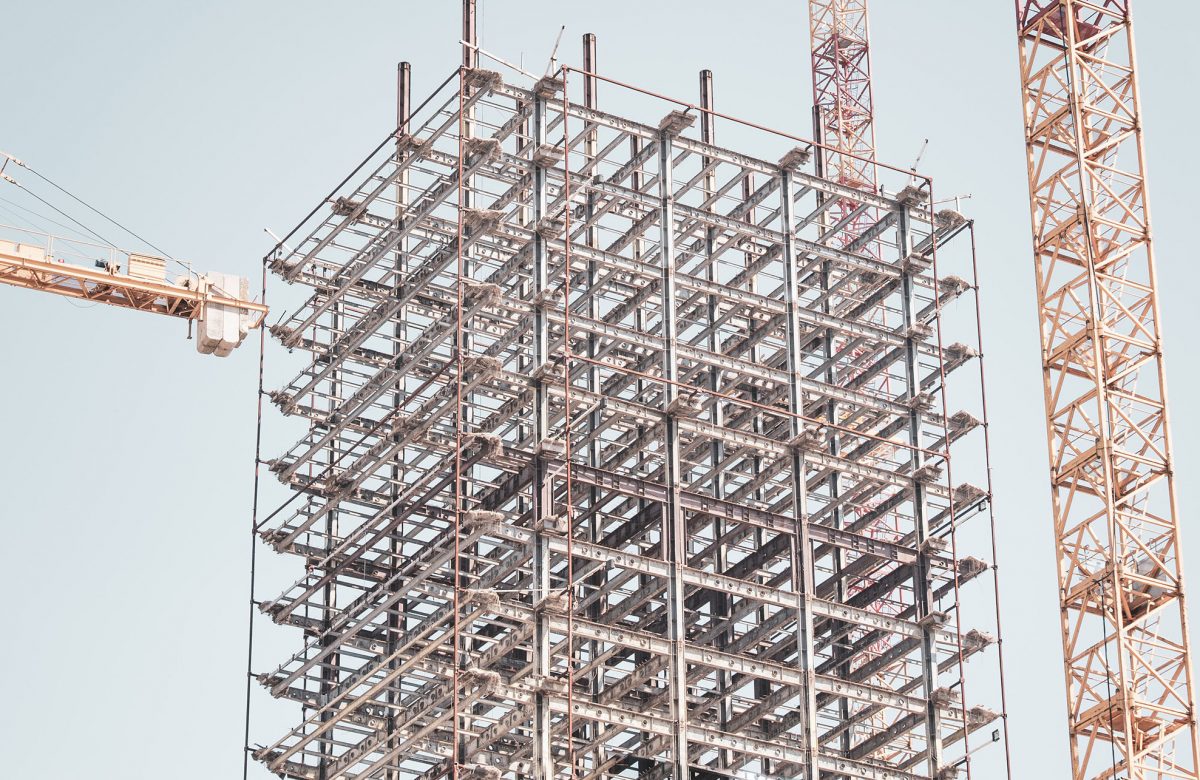The Spatial Statistics and Urban Planning Laboratory (LADU) provides the scientific community, municipalities, and government agencies and departments with multidisciplinary expertise, software, data, and state-of-the-art equipment for analyzing the economic dynamics of neighbourhoods, cities, and regions.
LADU’s mission is to gather, organize, and model big data from the Web and large public and private databases with a view to understanding local economic development processes in neighbourhoods, cities, and regions and their impacts on the public.
- A server with an ultra high speed connection for collecting and analyzing spatial data (scraped data)
- Spherical GPS cameras
- Tablets
- High-performance workstations with statistical analysis software for spatial data
Contacts
Cédric Brunelle
Professor and Scientific Director
Phone: 514-499-4052
cedric.brunelle@inrs.ca
Spatial Statistics and Urban Planning Laboratory (LADU)
Institut national de la recherche scientifique
Urbanisation Culture Société Research Centre
385 Sherbrooke E
Montreal, Quebec H2X 1E3
Canada
LADU website (in French)



